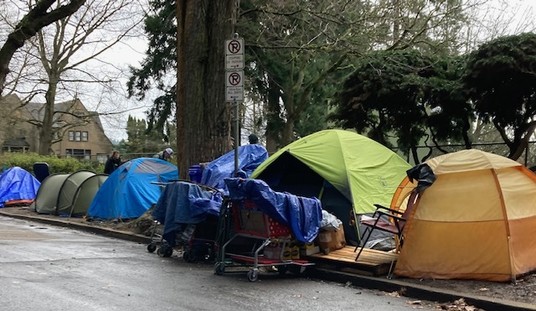One week ago, the city of Atlanta’s computer system took a hit from a ransomware attack that has left the city still struggling to operate normally. The city was caught off guard on March 22 when the attack took place, and the city is still experiencing issues that are at best an inconvenience and at worst an ordeal.
Details about the attack are still a little cloudy. City authorities did confirm that the attack on their network took place and that a ransom note followed. Mayor Keisha Lance Bottoms stated that the attacker demanded $51,000, though no one else has confirmed the amount.
Bottoms spoke out on the nature of a ransomware attack on her city, as CNN reported:
“I just want to make the point that this is much bigger than a ransomware attack,” she said. “This is really an attack on our government, which means it’s an attack on all of us.”
Ransomware is malicious software that blocks users from accessing some or all of their computer systems by locking them out until a ransom is paid. Officials haven’t said whether the city was going to pay the ransom
“Everything is up for discussion,” was the Mayor’s reply when asked directly by reporters whether the city would pay up.
Mayor @keishabottoms holds a press conference to provide updated information on the ransomware cyberattack. https://t.co/g63R54qG70
— City of Atlanta, GA (@CityofAtlanta) March 26, 2018
How has the cyber attack affected the daily lives of Atlantans? Fortunately, the city’s 911 system, law enforcement, and public safety systems did not suffer, nor did Hartsfield-Jackson Atlanta International Airport (though the airport didn’t recover its public wi-fi until Monday). But for the run-of-the-mill citizen attempting to interact with the city, life is certainly not normal.
Paying a water bill, taking care of a traffic ticket, and plenty of other interactions that most citizens take for granted have become complicated. For some transactions, city offices are open and can handle them, but everything is done by hand. Citizens can make a phone call or visit an office to handle planning and zoning issues as well.
Bottoms even attempted to poke fun at having to resort to outdated methods for conducting city business:
Asked how long such a process is sustainable, Bottoms cracked a joke.
“Well, it was a sustainable model until we got computer systems, so … for some of our younger employees, it will be a nice exercise in good penmanship.”
One area that is still reeling more than others is the court system. The court has postponed services on a day-by-day basis, and the court has sent reset notices out to those who were due in court in the days since the attack.
Law enforcement at every level from Atlanta Police to the FBI have mobilized to investigate the incident and determine what happened and how to find those responsible. Bottoms likened the scenario to a hostage taking, in which investigators exercise special caution to prevent the hostage from suffering further harm. City employees were not allowed to turn computers back on until Tuesday—five days after the attack.
The mayor also stated on the day of the incident—and reiterated in subsequent press conferences—that the city does not believe that any citizens’ personal information was compromised. The city has also employed an IT firm to assist in the investigation and help them recover as much of their capacity as they can.
One suburb of Atlanta reported a similar attack that took place about a week before Atlanta’s. A spokesman for Loganville, a town east of Atlanta, stated that the town’s data appeared to have been breached on March 15.
https://www.facebook.com/CityOfLoganville/posts/10155120062880563
The incident in Loganville did not mention ransomware, so it’s not clear if it is related at all to the attack on the city of Atlanta.
The next time somebody scoffs at the notion that cyber attacks are real—and possible—tell them to ask an employee of the city of Atlanta what they think.










Join the conversation as a VIP Member